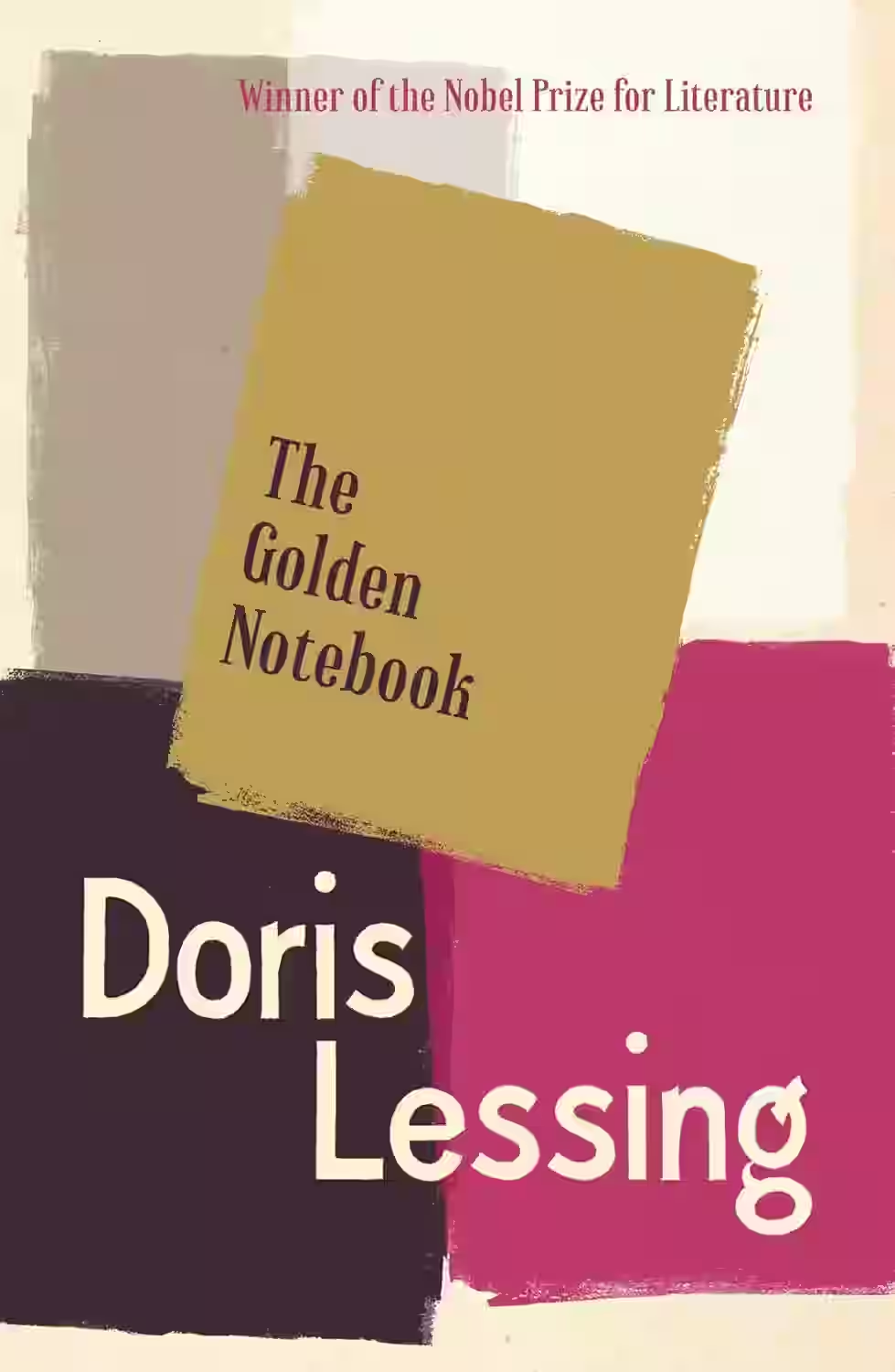
Anna is a writer, author of one very successful novel, who now keeps four notebooks. In one, with a black cover, she reviews the African experience of her earlier year. In a red one she records her political life, her disillusionment with communism. In a yellow one she writes a novel in which the heroine relives part of her own experience. And in the blue one she keeps a personal diary. Finally, in love with an American writer and threatened with insanity, Anna tries to bring the threads of all four books together in a golden notebook.
About Doris Lessing
A British novelist, poet, playwright, and Nobel laureate, renowned for her diverse body of work that explored post-colonial themes, feminist issues, and psychological complexities. Her groundbreaking novel, The Golden Notebook, became a feminist classic. Lessing's writing often delved into societal and political issues, challenging conventional norms and offering profound insights into the human condition across different genres, from realism to science fiction, cementing her legacy as one of the 20th century's most significant literary figures.
Other Books by Doris Lessing

The Grass is Singing
Set in colonial Rhodesia, this psychological novel explores the fraught relationship between a white woman and her Black servant. When Mary Turner’s fragile life on a remote farm spirals into violence and tragedy, Lessing exposes the corrosive effects of racism, isolation, and repressed emotion. The Grass is Singing is a haunting debut that critiques colonial society and gender dynamics with unflinching honesty.
Similar Books

Room With a View
by E.M. Forster
E.M. Forster's 'A Room with a View' is a captivating novel that tells the story of Lucy Honeychurch, a young English woman who embarks on a journey of self-discovery during a trip to Italy. The novel explores themes of love, societal expectations, and the clash between the rigid conventions of the Edwardian era and the individual desires of the characters. Through vivid descriptions of the picturesque Italian landscape and nuanced character interactions, Forster weaves a tale that highlights the importance of following one's true passions and desires. 'A Room with a View' is a timeless classic that continues to resonate with readers for its exploration of personal freedom and societal constraints.

The Brothers Karamazov
The murder of brutal landowner Fyodor Karamazov changes the lives of his sons irrevocably: Mitya, the sensualist, whose bitter rivalry with his father immediately places him under suspicion for parricide; Ivan, the intellectual, driven to breakdown; the spiritual Alyosha, who tries to heal the family's rifts; and the shadowy figure of their bastard half-brother, Smerdyakov. Dostoyevsky's dark masterwork evokes a world where the lines between innocence and corruption, good and evil, blur and everyone's faith in humanity is tested.

East of Eden
Set in the rich farmland of the Salinas Valley, California, this powerful, often brutal novel, follows the interwined destinies of two families - the Trasks and the Hamiltons - whose generations hopelessly re-enact the fall of Adam and Eve and the poisonous rivalry of Cain and Abel. Here Steinbeck created some of his most memorable characters and explored his most enduring themes- the mystery of indentity; the inexplicability of love, and the murderous consequences of love's absence.

To the Lighthouse
The serene and maternal Mrs. Ramsay, the tragic yet absurd Mr. Ramsay, and their children and assorted guests are on holiday on the Isle of Skye. From the seemingly trivial postponement of a visit to a nearby lighthouse, Woolf constructs a remarkable, moving examination of the complex tensions and allegiances of family life and the conflict between men and women. As time winds its way through their lives, the Ramsays face, alone and simultaneously, the greatest of human challenges and its greatest triumph—the human capacity for change.